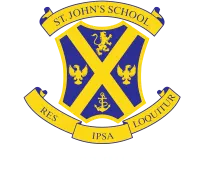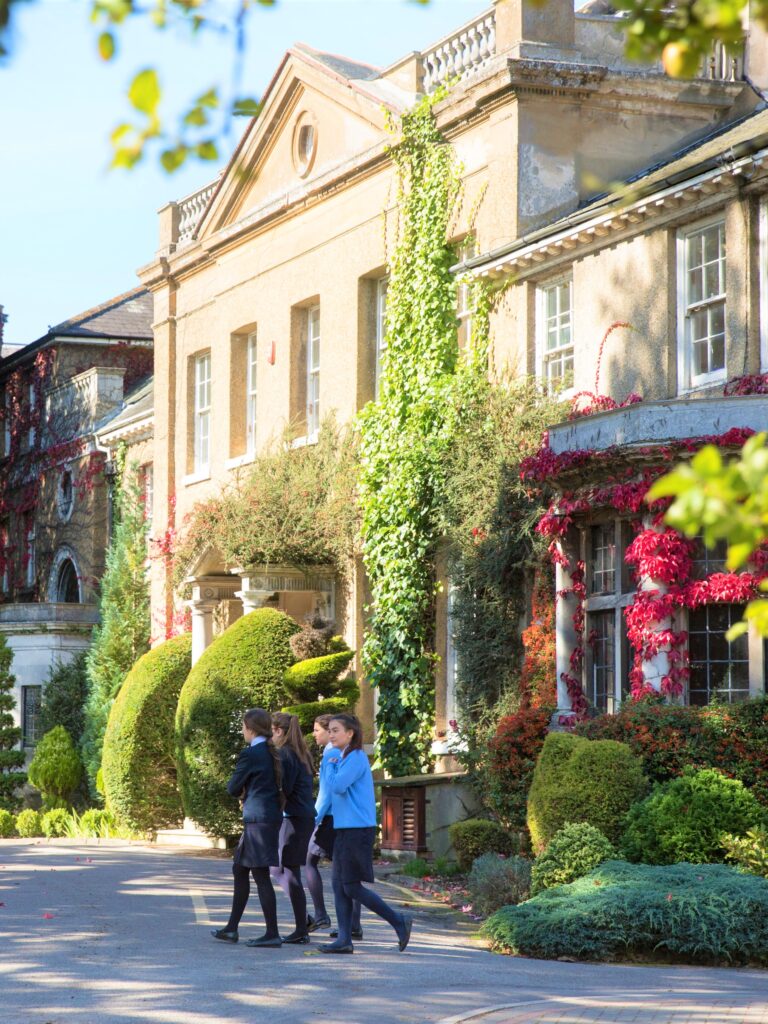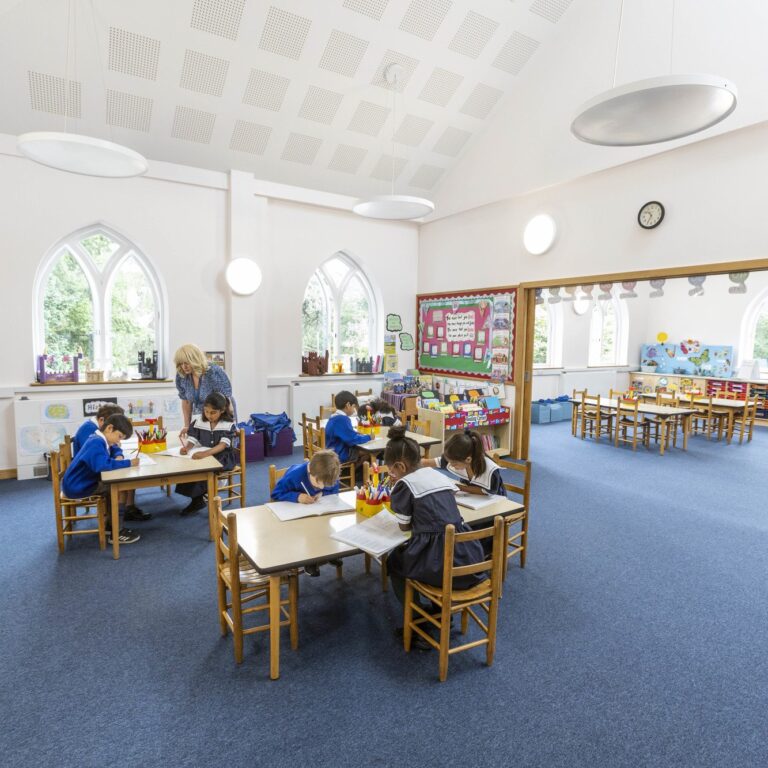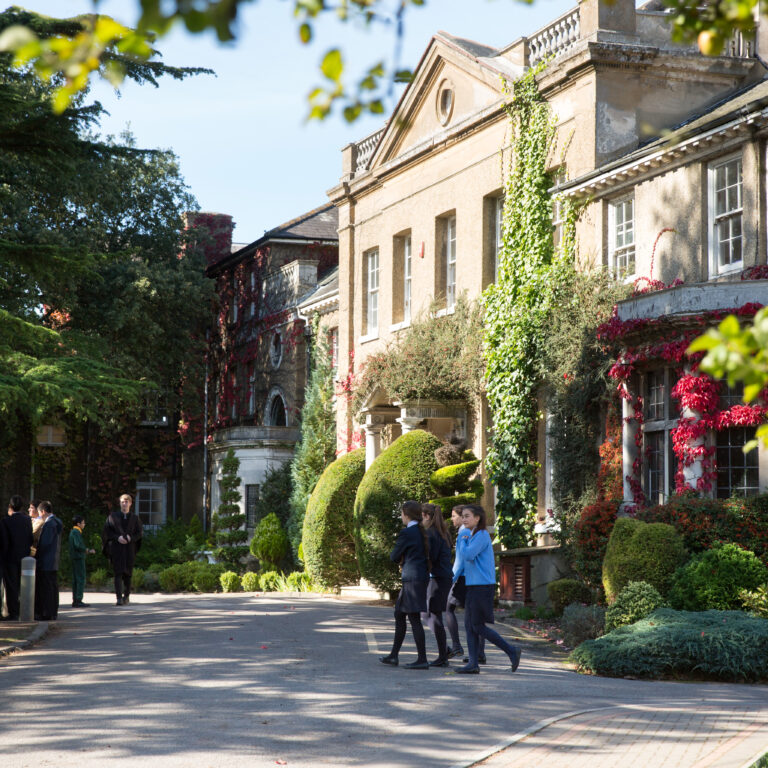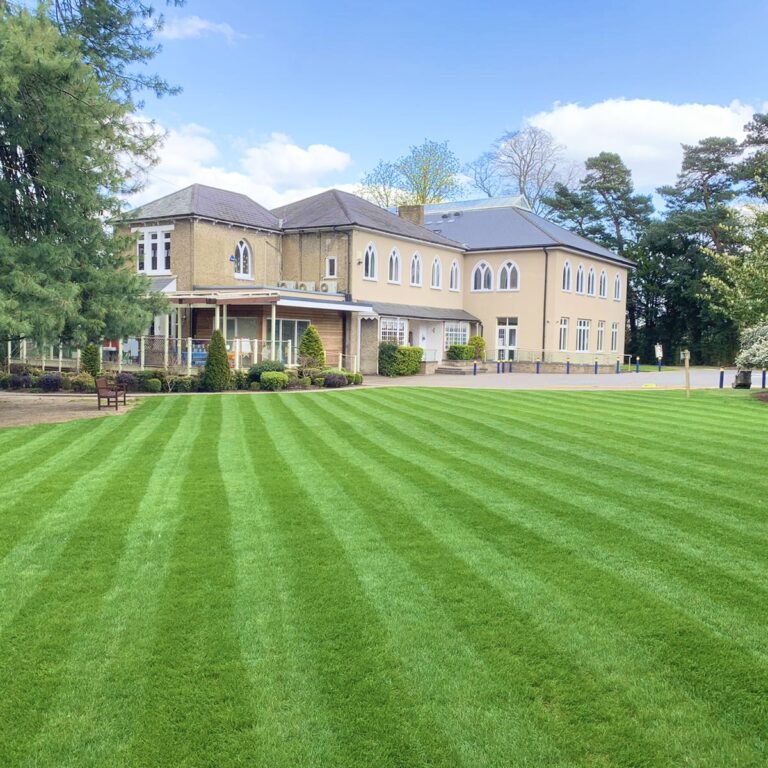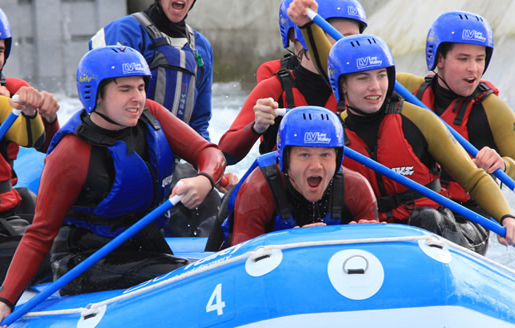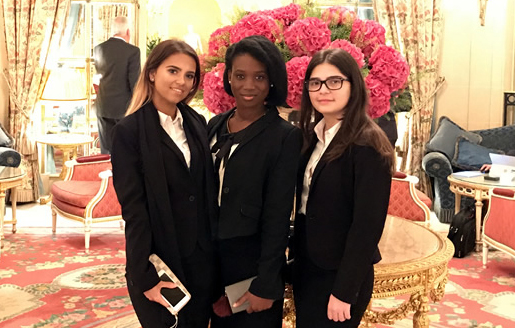Aims, Choice of subjects, Enrichment and Assessment
Our school day becomes longer, as all pupils from the age of 7 upwards are expected to complete their homework at school. We call this extra hour at school, ‘Prep Time’ and it is a compulsory activity at St. John’s. Formal lessons end at 3.15 p.m. followed by a short break until 3.25 p.m. Pupils then return to class to do their homework under the supervision of their form teacher. The day ends at 4.30 p.m. for all our pupils at this stage.
Our facilities are spacious, bright and welcoming allowing the children to enjoy their learning in comfortable surroundings.
During this stage, students are expected to develop their academic skills and knowledge across a range of subjects detailed below in brief:
1. In English, pupils work towards developing their reading, writing, speaking, and listening skills. They learn to read and understand different types of texts, such as stories, poetry, and non-fiction. They also learn to write different types of texts, such as narratives, reports, and explanations.
In addition, they learn to speak and listen effectively, including giving presentations and participating in discussions.
All pupils are taught LAMDA (London Academy of Music and Dramatic Arts) as part of their studies in English and they all sit an exam in the subject as they complete their studies at each level. Exams take place either in March or in June or both depending on what type of exams they are entered into.
Weekly assemblies incorporate a rota of public speaking and public reading when pupils practise their skills in this area to become confident communicators.
In Year 6 (Form 3) all pupils attend ‘Transition classes’ in English led by our senior teachers aimed at facilitating their smooth transition to secondary education.
2. In maths, pupils work towards developing their mathematical skills and knowledge. They learn to understand and use numbers, including addition, subtraction, multiplication, and division. They also learn about fractions, decimals, percentages, and other mathematical concepts. Additionally, they learn about shapes, angles, and measurements, and how to solve problems using mathematical reasoning.
Pupils are entered in the Primary Maths Challenge and they enjoy competing in a variety of challenges, as they participate in various visiting workshops that stimulate their curiosity for the subject, whilst also extending their understanding of it.
In Y6 (F3) all pupils attend ‘Transition classes in maths led by our senior teachers; these classes consolidate and extend their understanding of the subject that will stand them in good stead, as they transition to secondary education.
3. In science, our pupils develop their scientific skills and knowledge. They learn about the natural world, including living things, materials, and physical processes. They also learn about scientific investigation, including planning, carrying out, and evaluating experiments. They are encouraged to develop their curiosity and to ask scientific questions.
In Y6 (F3) all pupils attend ‘Transition classes’ in science led by our senior teachers; these classes introduce our pupils to the use of equipment in our senior school labs and prepare them for the activities they will be engaging in at secondary school.
4. In history and geography, our pupils develop their understanding of the world around them. They learn about events, people, and places from the past and present. They also learn about different cultures and societies, including their own. They develop their skills of analysis and evaluation, and learn to use maps, atlases, and other geographical resources.
Pupils engage in a variety of workshops in school and out of school, aimed at enhancing their experience of the cultures or geographical locations they study. History is taught chronologically at St. John’s; this helps the children to get a clear perspective of the different civilisations they are introduced to.
5. In music and drama pupils discover their strengths in the creative areas of study. Music and drama nurture our pupils’ confidence, encouraging them to step out of their comfort zone and try new things.
All pupils participate in the ‘First Access’ programme of study in music, which introduces them to various instruments ranging from the violin in Y2 to the viola in Y5.
All pupils are actively involved in termly concerts in music and an annual theatrical production in the Summer Term. An annual Carols Concert is held at Church at the end of November, showcasing their skills in these two areas of study.
The choirs travel abroad or in various cities in the UK annually, to sing internationally or nationally alongside their peers in other schools. This is an excellent opportunity to experience music in performance whilst also exploring a foreign culture or experience music in different settings.
Most pupils at St. John’s learn a variety of instruments including voice and the school employs a number of peripatetic teachers to cater to their requirements.
6. In art and design technology all pupils develop their creativity and practical skills. They learn to express themselves through different art forms, such as drawing, painting, and sculpture. They also learn about design technology, including planning and making structures, mechanisms, and products.
The school holds a biannual art exhibition, whilst all pupils participate in a variety of art competitions annually; this allows them to gain experience of how art works in the world at large.
Visiting artists’ workshops extend the pupils experience in art, preparing them for future opportunities in this field.
7. Spanish is introduced in Y4 in addition to French which is first introduced in the Early Years and Key Stage 1. All pupils learn to speak, listen, read and write in the foreign languages they study whilst they also learn about the different cultures and customs they represent.
The school holds an international day and visits a variety of foreign destinations, consolidating the pupils’ understanding here; visiting workshops are a regular feature adding to the wealth of experience the children gain in this area of study.
All pupils are taught by specialists in each subject, which also includes Computer Science and Sport.
Forest school is also taught weekly by visiting specialist teachers so the children have an opportunity to learn how to enjoy the outdoors safely.
Extra-Curricular Activities are offered both at lunch times and at the end of our school day. They include sports, music, drama, and a variety of clubs to suit every pupil’s interest. These activities help our pupils to develop their social, emotional and physical skills and to broaden their interests and horizons.
Pupils are tested very regularly at the end of each module and formally twice a year in November and in June. Reports are issued at the end of these formal standardised tests, which aim to assess the children’s learning and progress and to identify areas for improvement.
At the end of Key Stage 2, our pupils are ready to transition to senior school, quietly confident in the way they present themselves socially and in the way they handle challenges confidently.


